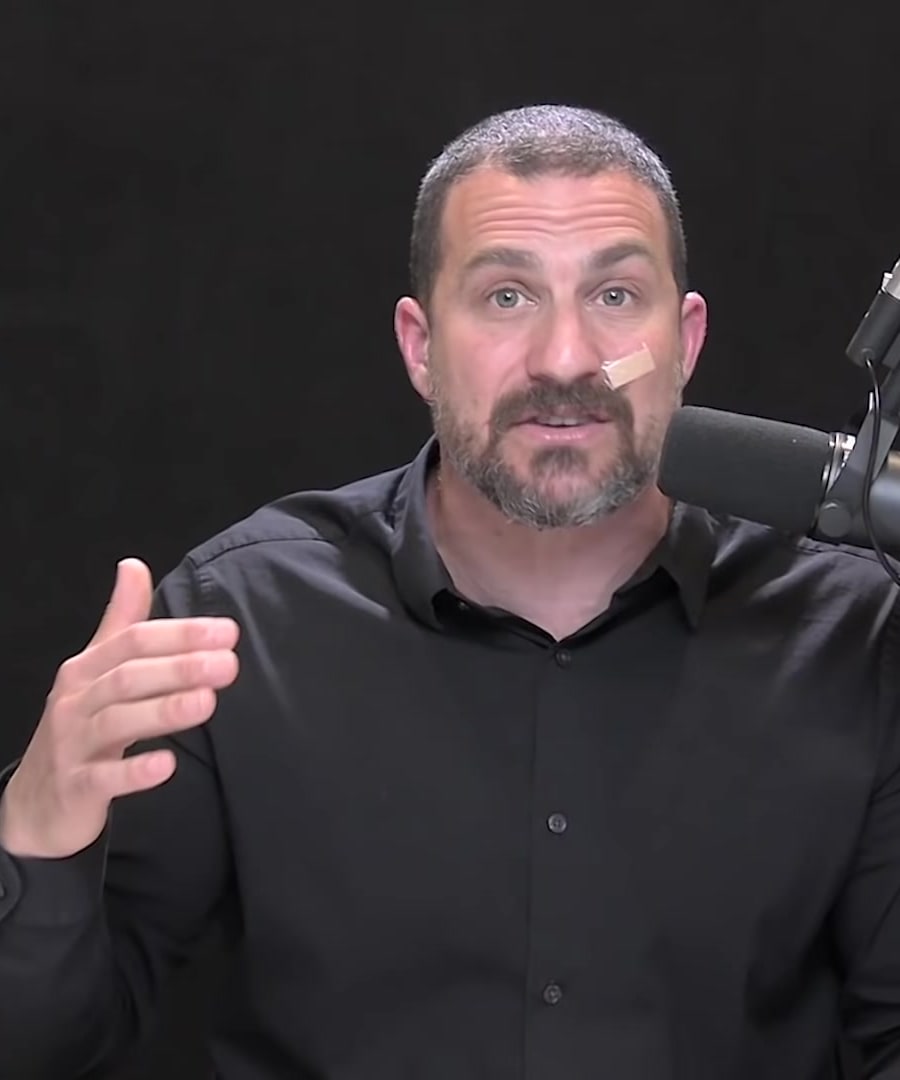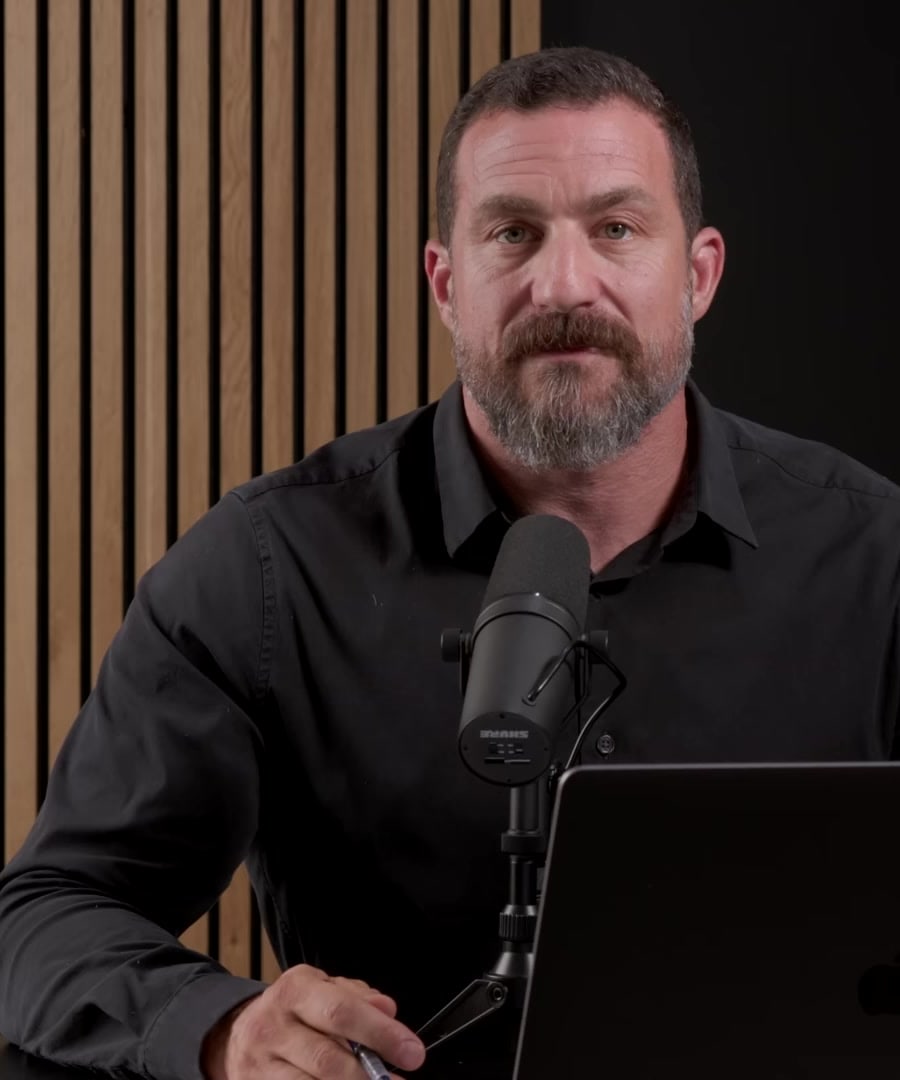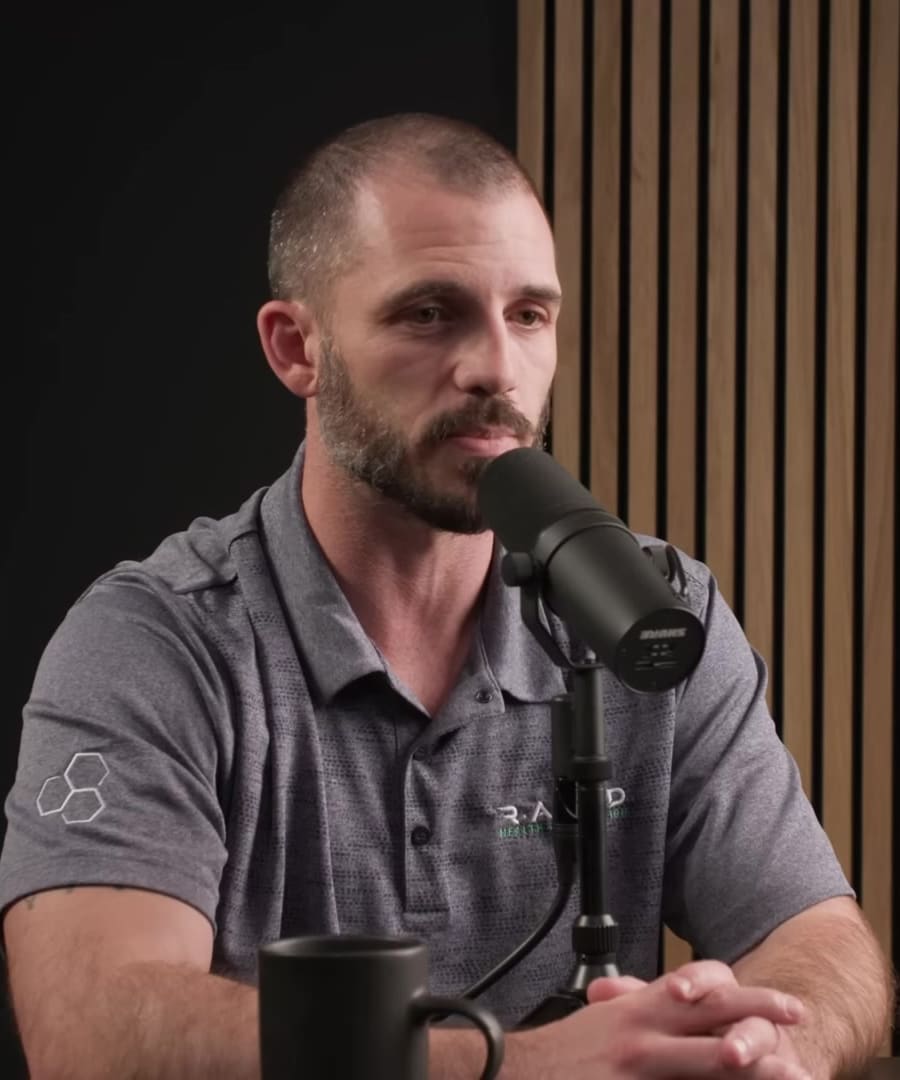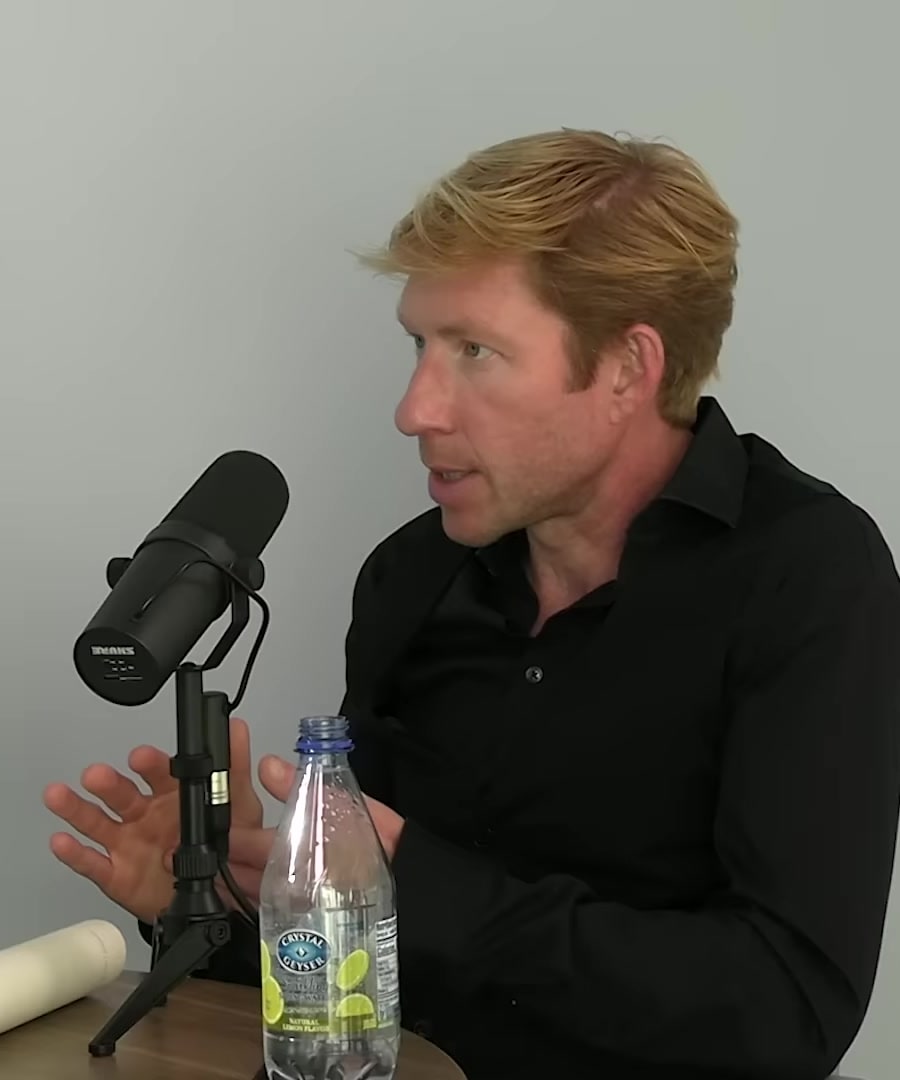Why is bright light at night bad for sleep?
Sources:
Bright light at night is detrimental to sleep because it disrupts the natural release of melatonin, the hormone that promotes sleepiness and helps to regulate the sleep-wake cycle. explains that viewing bright artificial light, especially overhead lights, between 10:00 p.m. and 4:00 a.m. counters the body's natural progression towards sleep 1. Artificial lights mimic the effects of sunlight which signals wakefulness to the brain through light-sensitive cells in the eyes that respond to the upper visual field, representing overhead light 1.
Seeing bright lights late in the evening or middle of the night can trigger a 'phase delay' in our circadian clocks, causing the brain to perceive it as morning light and delaying the time we feel sleepy and want to go to bed 2. Moreover, bright light exposure during this time can negatively impact the dopaminergic circuits, leading to potential mood disorders and affecting mental health 3. It can also suppress the production of essential hormones like dopamine, testosterone, and estrogen 4. Therefore, to optimize sleep and maintain good mental health, it is recommended to avoid bright light exposure during the late-night hours.
List clips similar to "Optimize Your Sleep"
Sources:
Here are some clips similar to "Optimize Your Sleep," focusing on sleep improvement strategies and insights:
-
"Enhancing Sleep Quality" where discusses the significance of temperature control for sleep and the benefits of an Eight Sleep's smart mattress cover 1.
-
Another clip titled "Enhancing Sleep Quality" details controlling the sleeping environment's temperature with Eight Sleep mattress covers to aid in falling and staying asleep 2.
-
"Improving Sleep," with Andy Galpin explaining a system for analyzing sleep and providing tips like washing sheets weekly to reduce allergens 3.
-
"Sleep Optimization," which includes information about temperature control of the sleeping environment using Eight Sleep mattress covers to improve sleep quality 4.
-
"Unconventional Sleep Tips" featuring Matt Walker discussing tips like avoiding the light switch approach to sleep, instead suggesting a wind-down routine 5.
-
The same episode provides another clip "Unconventional Sleep Tips" where Matt Walker advises against compensatory behaviors after a bad night of sleep to avoid insomnia 6.
-
"Sleep and Health," where and cover the relationship between sleep, mental health, physical health, and performance, including the impact of sleep regularity on health markers 7.
-
Lastly, "Optimizing Sleep" with once more highlighting the role of temperature in sleep quality and the benefits of Eight Sleep's smart mattress cover 8.
RELATED QUESTIONS-
Why is bright light at night bad for sleep?
List clips similar to "Optimize Your Sleep"
- RELATED QUESTIONS











